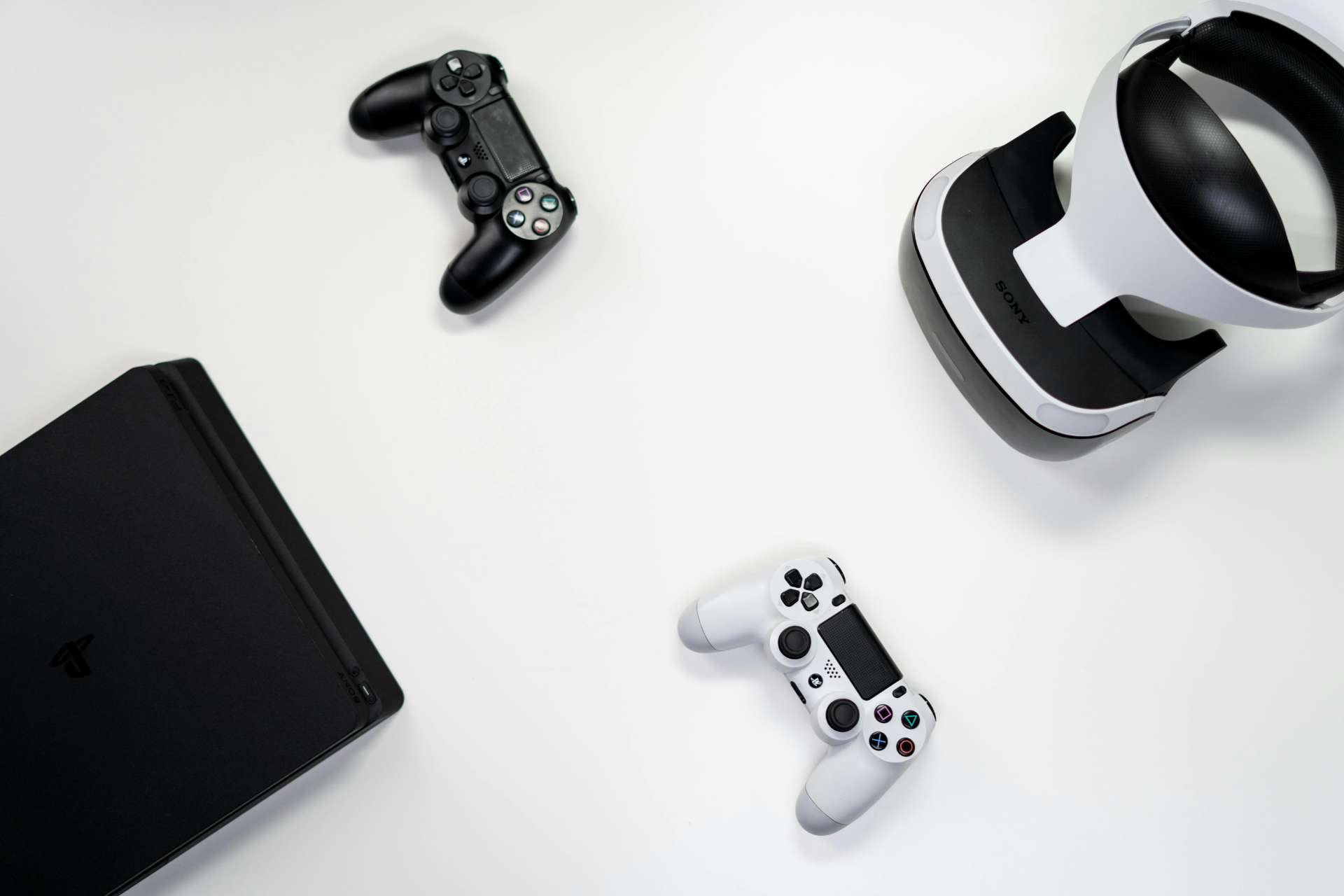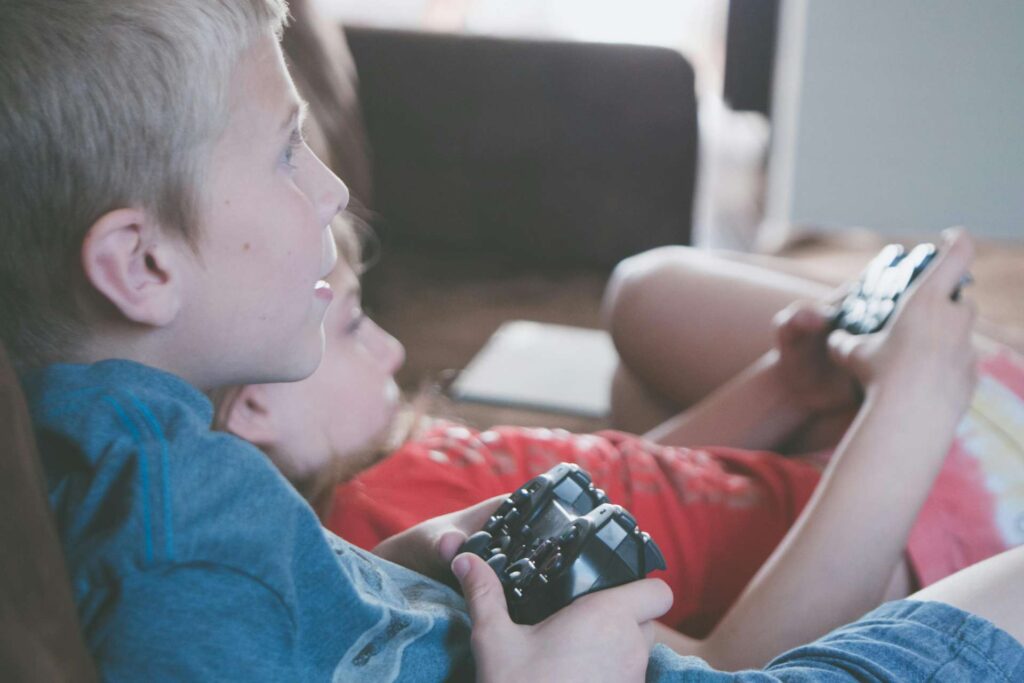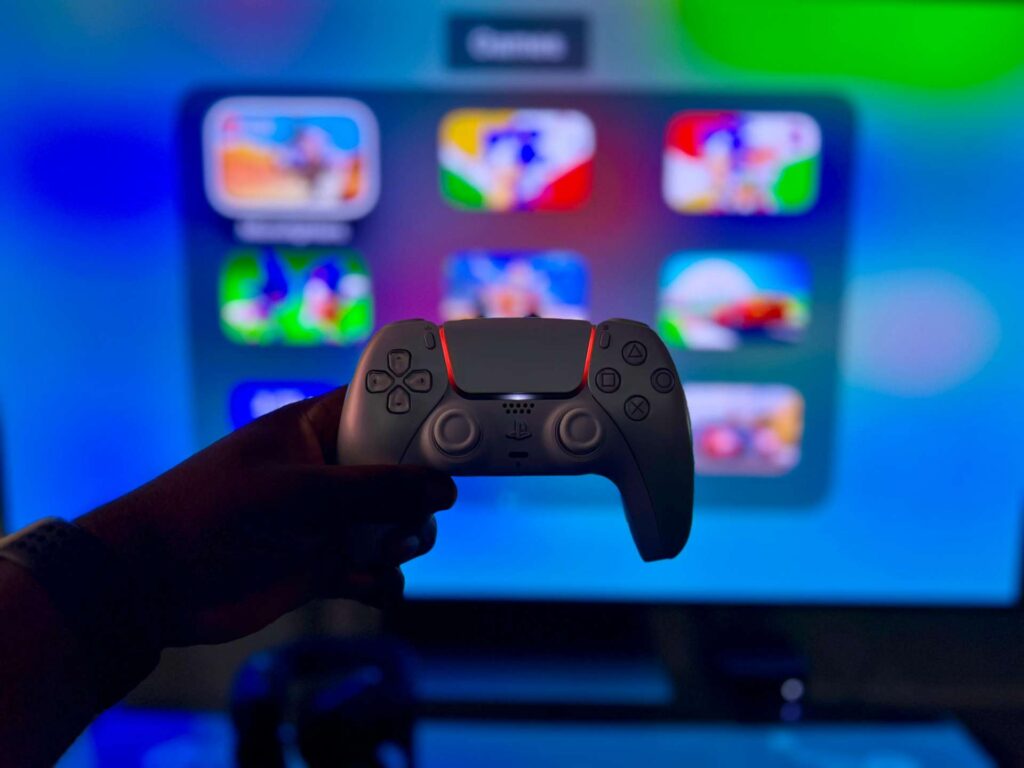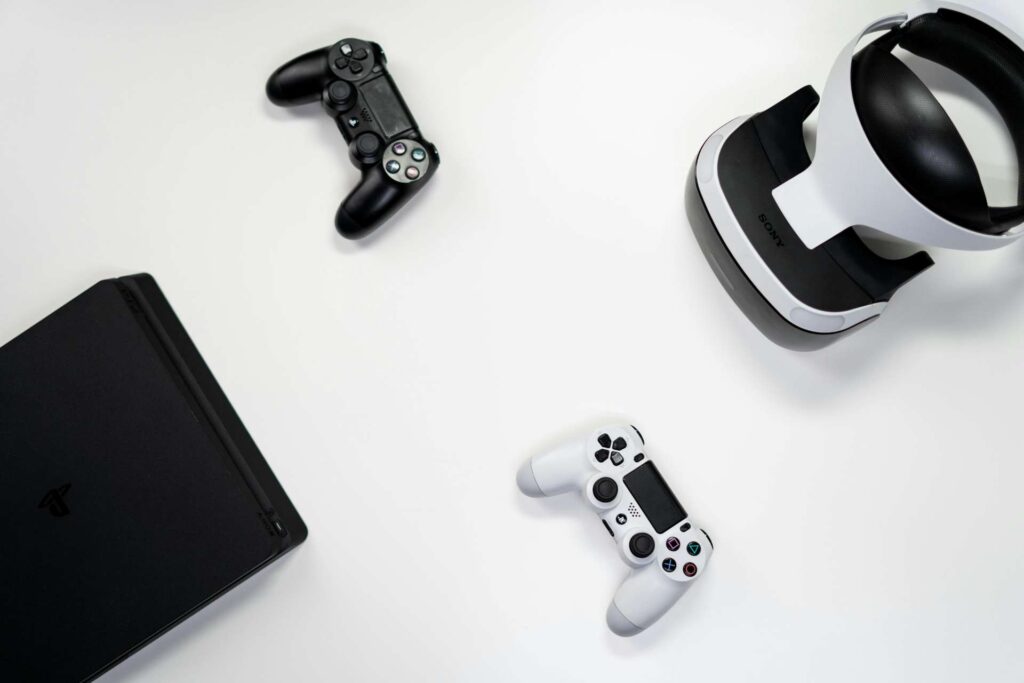
Discover how video games can help—or harm—stress levels. Learn the science behind gaming as a stress outlet and how to use it mindfully.
Introduction: The Double-Edged Sword of Gaming
After a long, stressful day, many people turn to video games to unwind. But is gaming a healthy way to decompress—or does it add to stress? The answer isn’t black and white.
Research shows that video games can be a powerful stress reliever, but their effects depend on:
✔ Game type (relaxing vs. competitive)
✔ Play duration (moderation is key)
✔ Player mindset (escapism vs. mindful engagement)
Let’s explore how gaming impacts stress and how to use it as an effective outlet.

How Video Games Reduce Stress: The Science
1. Distraction & Psychological Escape
- Games immerse players in flow states, where focus on challenges temporarily overrides real-world worries.
- Studies show that 30-60 minutes of gaming can lower cortisol (stress hormone) levels.
2. Social Connection (Even Online)
- Cooperative games (e.g., Animal Crossing, Minecraft) foster teamwork and camaraderie.
- Online communities provide emotional support, reducing loneliness.
3. Achievement & Control
- Completing in-game goals releases dopamine, boosting mood.
- Unlike unpredictable real life, games offer structured challenges with clear rewards.
4. Relaxation Through Game Design
- Calming games (Stardew Valley, Journey) use soothing visuals, music, and low-pressure gameplay.
- Creativity-focused games (e.g., The Sims, Terraria) allow stress-free self-expression.

When Gaming Increases Stress: The Dark Side
Not all gaming is relaxing. Some experiences heighten anxiety, including:
🚩 Hyper-Competitive Games
- Call of Duty, League of Legends, and ranked matches trigger fight-or-flight responses.
- Toxicity in multiplayer games can worsen frustration.
🚩 Excessive Play & Avoidance
- Binge-gaming to escape problems leads to neglected responsibilities → guilt → more stress.
🚩 Sleep Disruption
- Late-night gaming (especially fast-paced or violent games) delays melatonin production, harming sleep quality.

Optimizing Gaming for Stress Relief: A Balanced Approach
✅ Choose the Right Games
| Stress-Reducing Genres | Stress-Inducing Genres |
|---|---|
| Puzzle (Tetris, Portal) | Battle Royale (Fortnite, Apex Legends) |
| Simulation (Animal Crossing) | Hardcore Survival (Dark Souls) |
| Exploration (Skyrim, No Man’s Sky) | Ranked Competitive (Valorant, Rocket League) |
✅ Set Time Limits
- 20-60 minutes is ideal for relaxation.
- Use phone alarms or app timers (e.g., Forest) to avoid overplaying.
✅ Pair Gaming with Mindfulness
- Take deep breaths between matches.
- Ask: “Is this helping me relax, or am I just avoiding my feelings?”
✅ Balance with Other Activities
- Combine gaming with:
- Short walks
- Stretching
- Hydration breaks

Special Cases: When Gaming Helps Too Much
For some, gaming becomes a maladaptive coping mechanism, leading to:
- Gaming Disorder (WHO-recognized condition) – Preoccupation with gaming despite negative consequences.
- Social withdrawal – Ignoring IRL relationships for virtual ones.
Red flags to watch for:
🔴 Skipping meals, sleep, or work/school for games
🔴 Irritability when unable to play
🔴 Losing interest in other hobbies
If gaming feels compulsive rather than recreational, consider talking to a therapist.
The Verdict: Yes, But Be Intentional
When used mindfully and in moderation, video games can be a legitimate, effective stress reliever. Key takeaways:
✔ Not all games are equal – Pick relaxing, low-pressure ones.
✔ Short sessions work best – Avoid marathon play.
✔ Stay self-aware – Gaming should reduce stress, not become a crutch.
📌 Call to Action:
If gaming is your go-to stress outlet, try a calming game tonight and observe how you feel afterward. Notice the difference between playing to unwind and playing to escape.
Sources & Further Reading:
- American Psychological Association: Video Games & Stress
- NIH Study: Gaming & Cortisol Levels
- Games for Stress Relief: Psych Central Recommendations
Game on—but play smart! 🎮✨
Leave a Reply